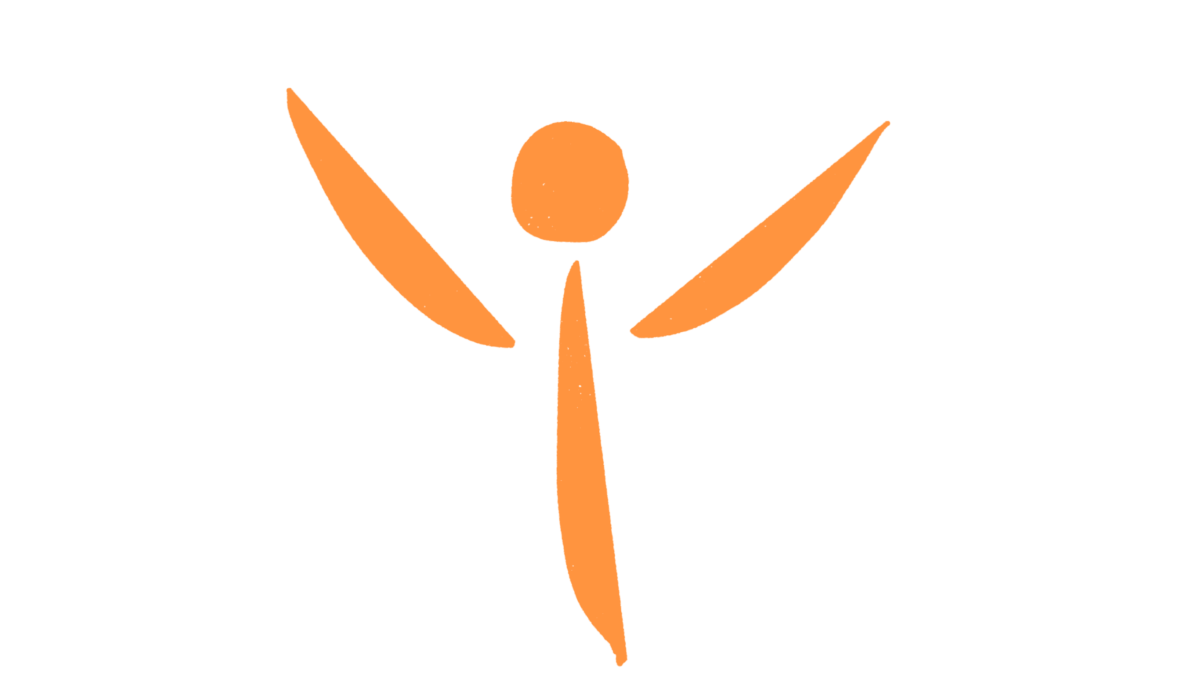
Why am I asking the question about who is the Master; You or your Mind?
Because it is important. Our brain is absolutely amazing at learning, think of all the patterns laid down in a lifetime, all those things that can just be done automatically now, without consciously paying attention. Dressing, eating, washing, walking, running, riding a bike, balancing, swimming, changing gear in a car, speaking, reading, understanding language, knitting, sewing, playing an instrument, writing, etc. This is incredibly efficient and it is why the brain learns patterns, because to learn means you need to pay conscious attention and that takes energy, glucose. The brain uses about 20% of the body’s energy supply, so the more it can do without constantly paying attention the better 🙂

Beliefs and the Child Brain
So what? Well, as per the slide above, there are a lot of things the brain learns as a child, shoulds, musts, have tos, ought tos, for example that may, or may not, be helpful in later adult life. We learn beliefs about ourselves, for example “I’m not good enough! Be Perfect, Please everybody.” Of course if you hold a belief (A lens through which you perceive reality) you will always have evidence to back it up, because I am right in this belief and ‘look, see the evidence’ about me being not good enough! Hence low self esteem is perpetuated until!
Until what? Until you wake up and begin to think about this belief, to observe it. See it for what it really is:-
- Something you learned
- Taught to you by others
- Useful at the time of learning, because it kept you safe
By doing this you begin the journey to becoming the master of your mind
“The unexamined life is not worth living” (Plato – Socrates)
At this point, just begin to notice the beliefs. I will cover how to begin a process of change in a later post called “Feel the Fear and do it anyway”
- What beliefs (lenses) have you formed about yourself? (Write them down) Look at them and really think about:-
- When you learned them?
- Where you learned them? From whom? (Note this may not be easy to do. It is worth it)
- Are they useful now?
Continue reading “Is your Mind your Master? or Are You the Master of your Mind?”
